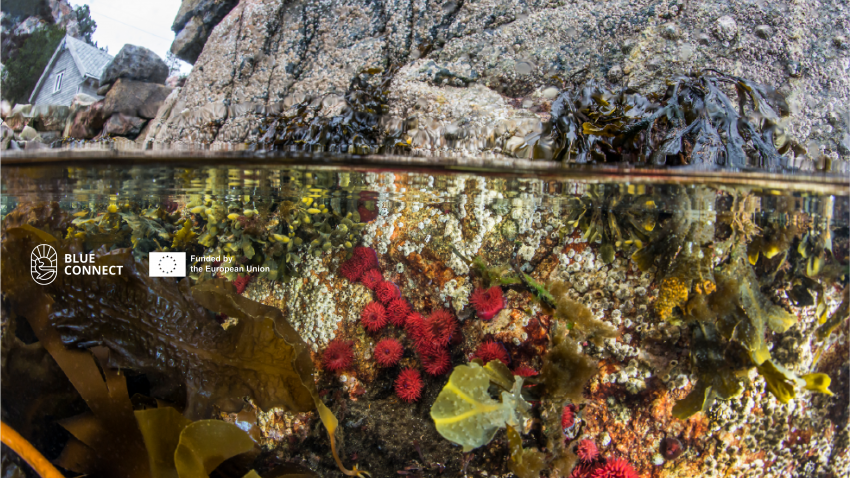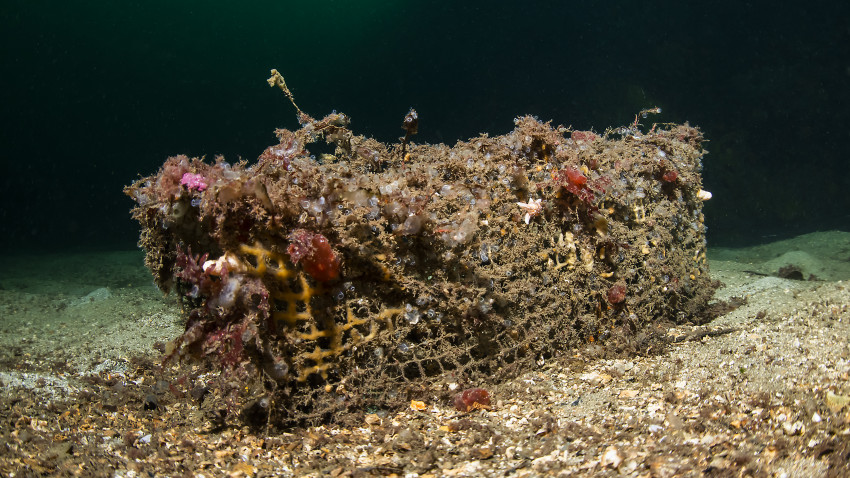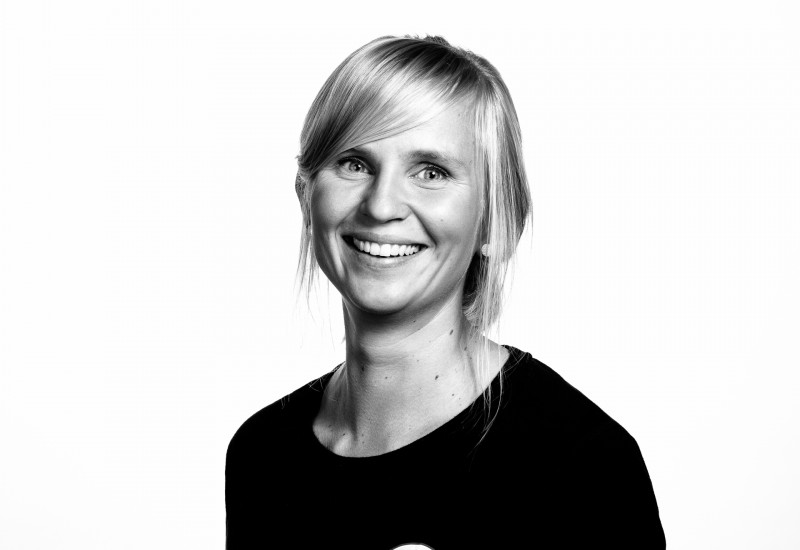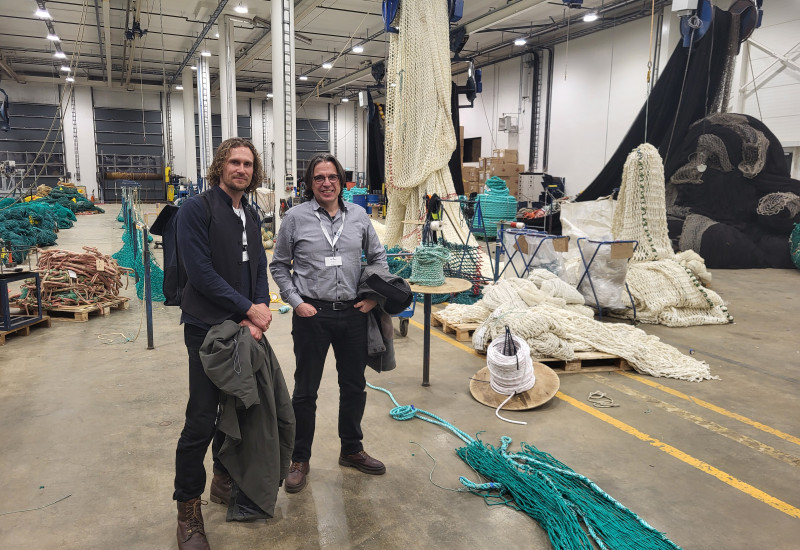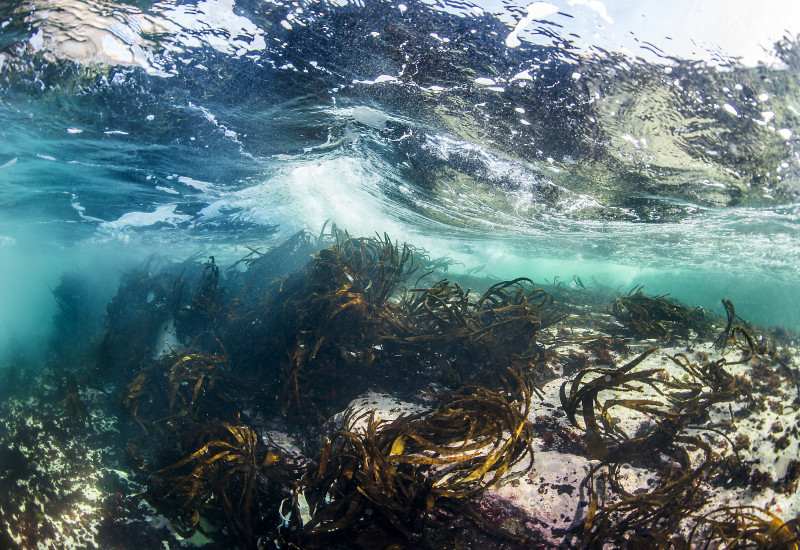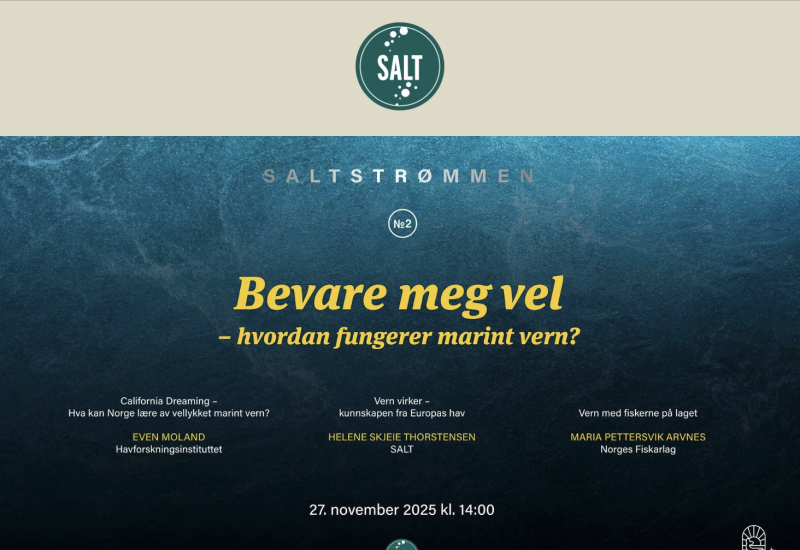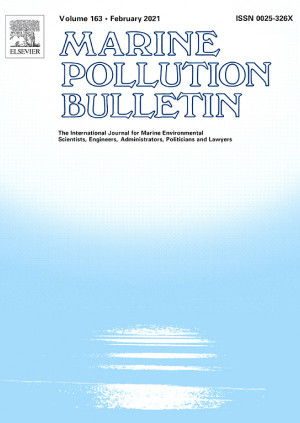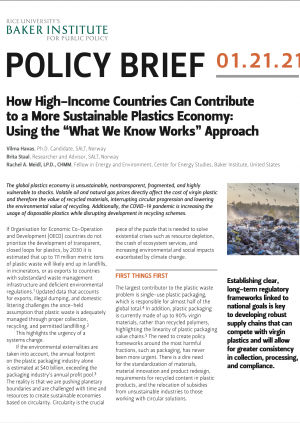Projects
News
SALT researcher Vilma Havas is among the contributors to a brand-new academic book published by Routledge this week. The book brings together knowledge generated through the four-year research project Shiftplastics in a single volume. The project, led by Western Norway Research Institute (Vestlandsforsking), has brought together stakeholders from across the entire value chain to identify solutions for improved management of plastic from fisheries and aquaculture.
The book includes contributions from 18 researchers from SINTEF, NIVA, NTNU, Nordlandsforskning, SALT, UiT The Arctic University of Norway, and Vestlandsforsking. SALT has contributed to Chapter 10 of the book, which is aimed at both Norwegian and international audiences.
Read more about the publication here
How can the management of fisheries waste be improved onboard fishing vessels in the Arctic?
That was the main topic when representatives from industry, authorities, researchers, fishing vessel skippers, and other stakeholders gathered on Iceland for a two-days workshop last week, hosted by PAME. SALT facilitated several of the workshop sessions, which focused on bottom trawl fisheries in Arctic waters with the aim to promote dialogue, strengthen understanding of waste practices and challenges onboard, and identify key knowledge gaps and practical and regionally relevant solutions. The insights will contribute to ongoing work in the Arctic Council, OSPAR and IMO, and help lay the foundation for a management plan for fishing gear, tailored to vessels operating in Arctic waters. Norway was hosting the workshop together with Iceland, the United Kingdom and the Netherlands, in collaboration with a.o Wageningen Social & Economic Research and Aalborg University.
Read about the workshop here
On behalf of the Norwegian Environment Agency, SALT has compiled available research on how climate change affects marine environmental values and the implications this has for area-based management in Norwegian marine waters. Read the report here. Summary in English.
News from SALT are now also available through our newsletter. Please subscribe, and get invitations to SALT events, information about exciting projects and new knowledge directly to your e-mail. Our very first newsletter are now available. It provides you with an invitation to the next webinar in our series SALTstrømmen, and gives you the opportunity to learn more about how SALT work with marine protection.
Read the newsletter here (in Norwegian only).

